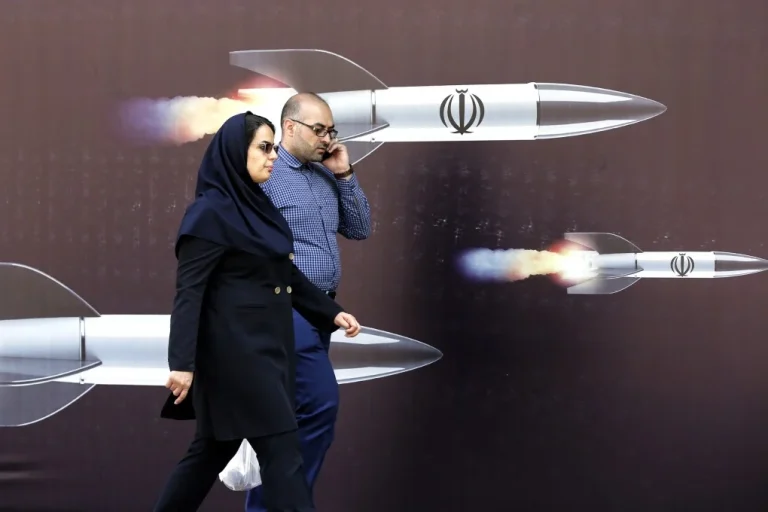Israeli Airstrike Disrupts Iran State TV Broadcast Amid Escalating Conflict
On Monday, June 16, 2025, Iran’s state-run news agency reported a significant incident in Tehran, where an Israeli airstrike targeted the Iranian state broadcaster IRIB during a live television broadcast. The attack abruptly interrupted the program, causing the studio to fill with dust and forcing the reporter to flee as an explosion occurred behind her. The broadcast quickly switched to prerecorded content as the situation unfolded.
Approximately an hour before the strike, Israel had issued an evacuation warning for the area surrounding Tehran’s TV studios, urging residents to leave due to impending military action. This warning preceded a series of Israeli airstrikes on Tehran, marking the fourth consecutive day of escalating hostilities between the two nations.
Watch the Video
The Israeli military claimed to have achieved “air superiority” over Tehran, targeting over 120 missile launchers and 10 command centers associated with Iran’s Quds Force. In response, Iran launched approximately 100 missiles, resulting in at least eight fatalities and over 500 injuries in Israel. The Iranian government reported at least 224 deaths within Iran, highlighting the severe human toll of the ongoing conflict.
The attack on the IRIB studio underscores the intensifying nature of the conflict, with both nations targeting critical infrastructure. The disruption of state-run media broadcasts has significant implications for information dissemination and public perception during wartime. In the wake of the strike, Iran’s state broadcaster faced criticism for downplaying the severity of the attack and promoting an escalation of hostilities.
International responses to the conflict have varied. The United Nations and the International Committee of the Red Cross have called for restraint and protection of civilians. Meanwhile, countries like Poland, Cyprus, and Azerbaijan have initiated evacuation efforts to assist their citizens in the region. The United States has moved military assets into the area and warned Iran against targeting American interests. President Donald Trump reportedly vetoed an Israeli plan to assassinate Iran’s Supreme Leader, fearing a broader war.
As the conflict continues, the humanitarian situation in Tehran has deteriorated. Reports indicate widespread panic, with residents fleeing the city, severe traffic congestion, and shortages of basic necessities. Hospitals in northern provinces have reported an uptick in stress-related admissions, and the Iranian Red Crescent Society has deployed mobile clinics to major highway junctions and rest areas to assist displaced individuals.
The disruption of Iran’s state television broadcast serves as a stark reminder of the vulnerabilities of media infrastructure in conflict zones. The incident has raised concerns about the protection of journalists and the free flow of information during times of war. As both nations continue their military engagements, the international community remains watchful, hoping for a de-escalation of tensions and a return to diplomatic dialogue.

